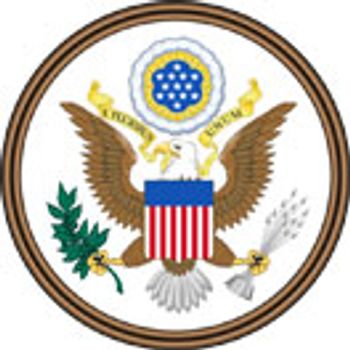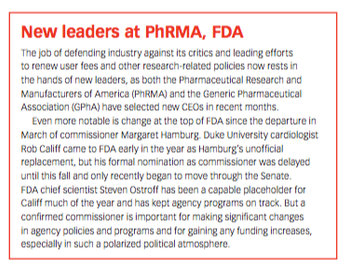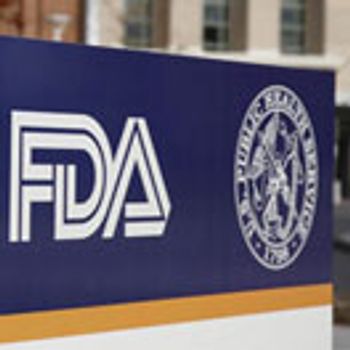
Valeant and Turing's fuzzy explanations of pricing practices to the House Oversight and Government Reform Committee cast a shadow over the broader industry, writes Jill Wechsler.

Valeant and Turing's fuzzy explanations of pricing practices to the House Oversight and Government Reform Committee cast a shadow over the broader industry, writes Jill Wechsler.

As that nation heads towards its first presidential primaries of the 2016 election, pharmaceutical executives should take a few minutes to consider where the leading candidates stand on U.S. Rx policy. Tom Norton takes a look.

It’s easy to foresee controversy in 2016 as lagging global economic growth and a messy US political slugfest force the pharma industry’s feet to the fire. Can the industry reclaim a semblance of public approval by confronting its pricing demons and focusing on innovation and a fresh, patient-first message?

Jill Wechsler reports on how FDA is trying to finding a balance between clinical trials large enough to assess all relevant populations and small enough to include deep data on each patient.

While the 1984 Act has been a boon for lower-cost generics, its goal of incentivizing new drug discovery has failed.

Cures remain elusive, but regulators and industry are building ties that bind.

The last few months have been tough for pharmaceutical companies, and the political environment in Washington isn’t likely to improve in the coming year, writes Jill Wechsler.

OND Director John Jenkins would like to see sponsors invest in more “me-better” drugs-as opposed to “me-too” medicines-to expand treatment options for patients and to boost competition among manufacturers.

Jill Wechsler on why the FDA program that encourages biopharma companies to develop new treatments for rare and neglected diseases has been in the spotlight recently.

Drug pricing backlash threatens regulatory reform, R&D advances

December 07, 2015.


In the last year regulatory authorities sharpened their focus on gathering more data and on achieving transparency and harmonization. Erick Gaussens reviews 2015 and looks at companies’ need to respond to converging demands in 2016.

The Parliamentary Assembly of the Council of Europe is the latest to clamber aboard the well-filled bandwagon now rumbling and rattling across Europe in an increasingly noisy debate over drug prices. Reflector reports.

There’s renewed optimism in the biomedical research community that years of effort finally may begin to pay off for developing cutting-edge gene and cellular treatments for debilitating and life-threatening conditions. Jill Wechsler reports.

The Senate hearing to weigh the appointment of Robert Califf to be the next commissioner of FDA was a fairly friendly event, with mostly softball questions about policies and programs. Jill Wechsler reports.


Large pharma companies have fallen “below legal and ethical standards” for making public information from the relevant clinical trials, according to a report from Bioethics International.

Building on our annual look at the industry's product pipeline, four key themes stand out that are driving the fast-changing environment for drug development.

The Generic Pharmaceutical Association has called for policy makers to take steps to promote the development of competitive generic therapies and of biosimilars.

The new interim report on the UK's Accelerated Access Review, which aims to speed up access to innovation in the NHS, is lacking in detail, writes Leela Barham.

After months of anticipation, pharma marketers continue to wait for FDA to update its policies governing sponsor communications involving unapproved drug uses. Jill Wechsler reports.

In Pharm Exec’s 2013 end-of-year supply chain roundup, we began with a three-word vision of the immediate future that left little room for ambiguity: “Serialization is coming.” With the impending laws regarding “track and trace” promising to alter the way pharmaceuticals are packaged and shipped, we outlined how global pharma was gearing up to deal with the effects of serialization, and how companies needed to review their own internal practices and those of their outsourcing partners, as the need for technology solutions for both sides of the outsourc

Some of the radical thinking on healthcare spending from a new EC specialist group offers robust food for thought, writes Reflector.

Doctors, advocates, politicians, and even the Feds have jumped on the price-gouging bandwagon. Jill Wechsler reports.